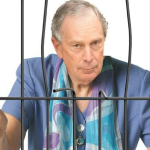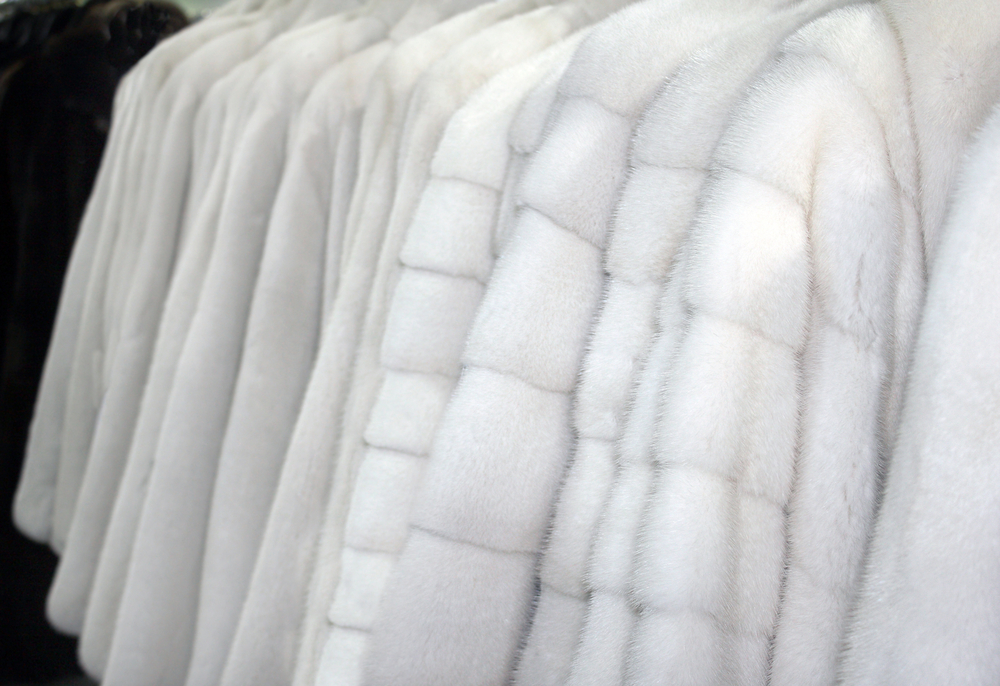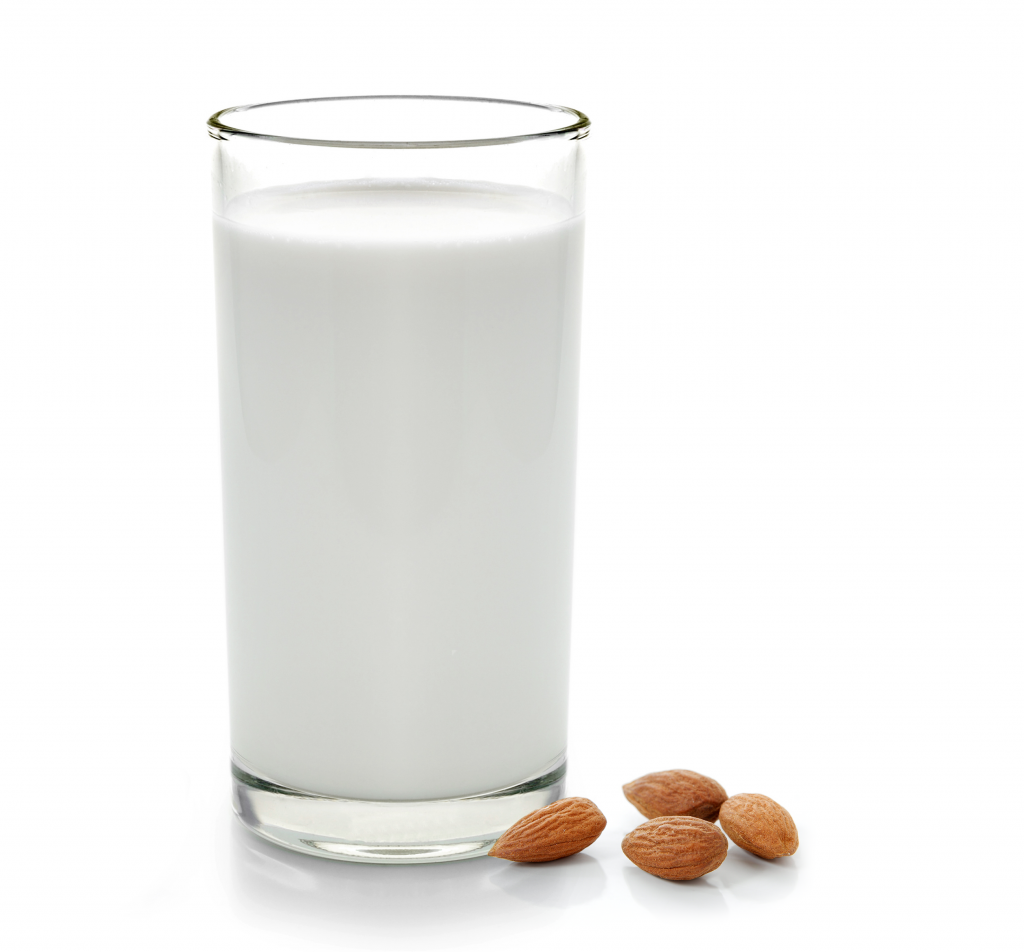 On Tuesday, the New York Supreme Court Appellate Division (New York’s second-highest tier of courts) heard New York City’s appeal against the decision by Judge Milton Tingling that struck down the ban on restaurant soft drink servings greater than 16 ounces. Attorneys for the coalition of business and community groups opposing the diktat argued that the city’s unelected Board of Health had overreached and that the ban was a case of “the government coercing lifestyle decisions.”
On Tuesday, the New York Supreme Court Appellate Division (New York’s second-highest tier of courts) heard New York City’s appeal against the decision by Judge Milton Tingling that struck down the ban on restaurant soft drink servings greater than 16 ounces. Attorneys for the coalition of business and community groups opposing the diktat argued that the city’s unelected Board of Health had overreached and that the ban was a case of “the government coercing lifestyle decisions.”
Reports from the courtroom suggest that the judges considering the city’s appeal had a dim view of the idea of the unelected Board of Health having the authority to ban certain sodas and hinted the latte (and other) loopholes might make the ban arbitrary. Courtroom prognosticating is an inexact art, but even Marion Nestle, queen of the food police, left the hearing with little optimism that the ban would go forward. Perhaps channeling the logic of our New York Times “Bye Bye Venti” advertisement, the panel of judges reportedly speculated that the soda ban might lead to laws limiting “the number of doughnuts a person could eat [or] the number of scoops of ice cream.”
But let us assume that against the well-argued legal reasoning of Judge Tingling, against the public will to see the ban rolled back, and against the indications that the panel is skeptical of the city’s arguments the ban is allowed to go forward. Will it work in reducing obesity? No. A University of California San Diego study found that people might use the latte loopholes to consume more calories, making caloric imbalance worse. Even New York City health czar Thomas Farley concedes that the ban “will not solve this problem.”
But, as some commentators perceptively noted, the ban does set a precedent that an activist government might very well use. If the court does not strike down the doomed-to-fail regulation, it will effectively grant the NYC Board of Health unlimited authority to restrict and ban anything people put into their bodies.
The Health and Mental Hygiene Department knows this. Bloomberg’s Czar Farley acknowledges that the ban “alone” will fail. We don’t know what regulatory schemes the Department and its ideological allies nationwide have in mind to go along with soda bans, although they might look something like a list published by a Centers for Disease Control journal last year that looked favorably on alcoholic beverages regulation as a model for total food control.
If New York’s appellate judges do not follow their apparent instincts and reaffirm Judge Tingling’s strikedown of the soda ban, an “administrative Leviathan”—Judge Tingling’s characterization of the Health Department if the soda ban stood—would be unleashed against our dinner plates. That is a most unappetizing prospect.




